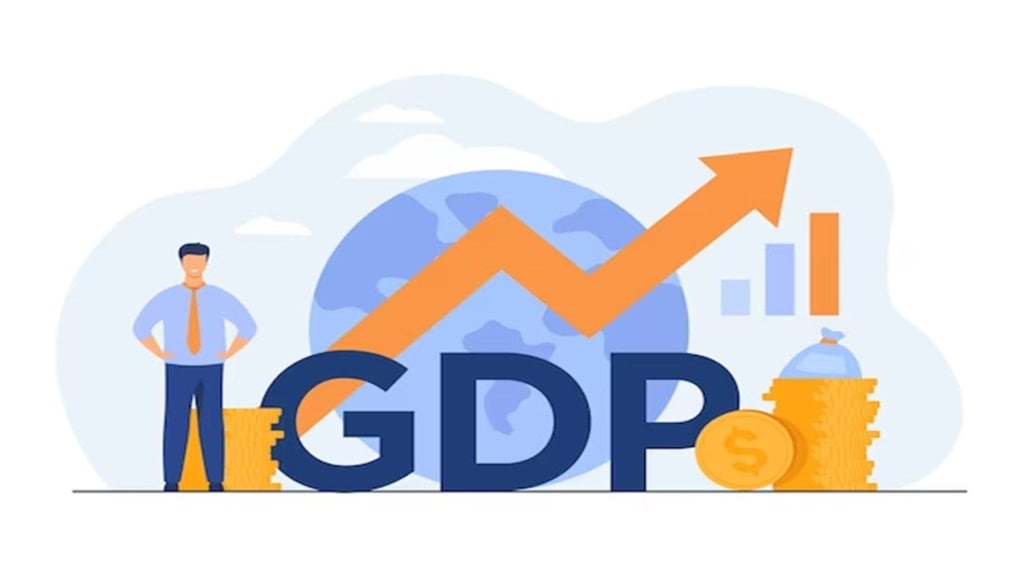Backed by reforms in the last ten years and new reforms to be initiated, India’s real GDP growth will likely be closer to 7% in FY25 for the fourth year in a row, the finance ministry said on Monday. The sanguine forecast is notwithstanding the emergence of new geopolitical risks.
The economists led by Chief Economic Adviser V. Anantha Nageswaran said the Indian economy will become the third largest economy in the next three years with a $5 trillion economy. The International Monetary Fund (IMF) has projected the tag of India by 2027-28.
“It now appears very likely that the Indian economy will achieve a growth rate at or above 7% for FY24, and some predict it will achieve another year of 7% real growth in FY25 as well,” Nageswaran wrote in the report ‘Indian Economy – A Review’ ahead of the interim Budget for 2024-25.
Indian economy grew by 7.2% in FY23 and the National Statistical Office (NSO) has pegged it at 7.3% for FY24. The World Bank has projected India’s economic growth at 6.4% for FY25.
“It is eminently possible for the Indian economy to grow in the coming years at a rate above 7% on the strength of the financial sector and other recent and future structural reforms. Only the elevated risk of geopolitical conflicts is an area of concern,” it said.
The economists said priority areas for future reforms include skilling, learning outcomes, health, energy security, reduction in compliance burden for MSMEs, and gender balancing in the labour force.
“Furthermore, under a reasonable set of assumptions with respect to the inflation differentials and the exchange rate, India can aspire to become a USD 7 trillion economy in the next six to seven years (by 2030).”
Ten years ago, India was the 10th largest economy in the world, with a GDP of $1.9 trillion at current market prices in 2014. Currently, India is the 5th largest economy with a GDP of $3.7 trillion in FY24, “despite the pandemic and despite inheriting an economy with macro imbalances and a broken financial sector.”
“Recent events in the Red Sea may have brought back concerns over reliance on global supply chains, further aggravating the slower growth in global trade in 2023,” the economists said.
If supply chain disruptions in 2024 persist, it could impact trade flows, transportation costs, economic output and inflation worldwide, they said, adding that India is “quietly confident of weathering the emerging disturbances.”
“The robustness seen in domestic demand, namely, private consumption and investment, traces its origin to the reforms and measures implemented by the government over the last 10 years,” according to their economic review.
The headline retail inflation will gradually slow, the economists said but did not specify a time frame. Annual retail inflation rose to 5.69% in December from 5.55% the previous month.

